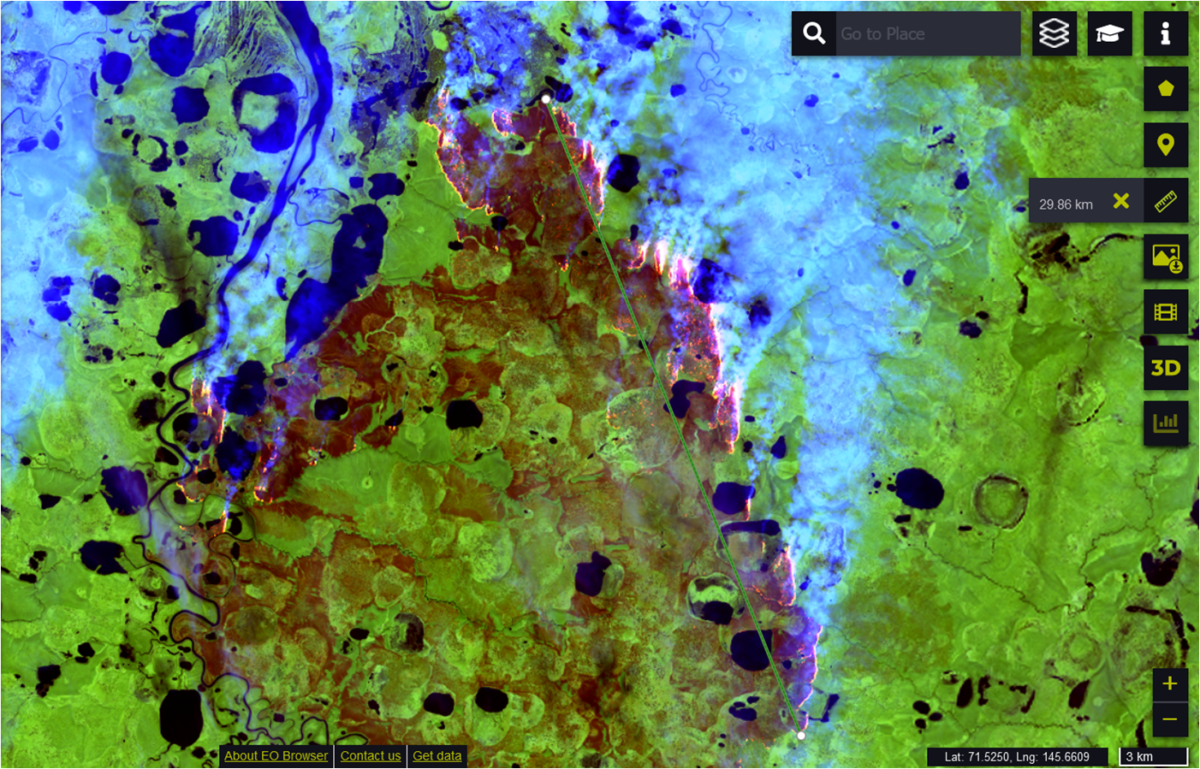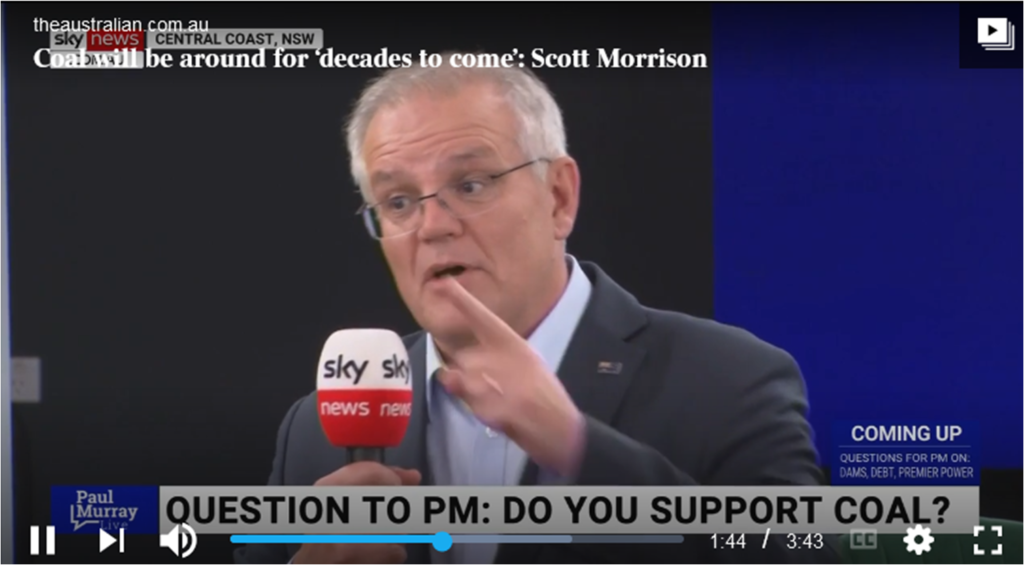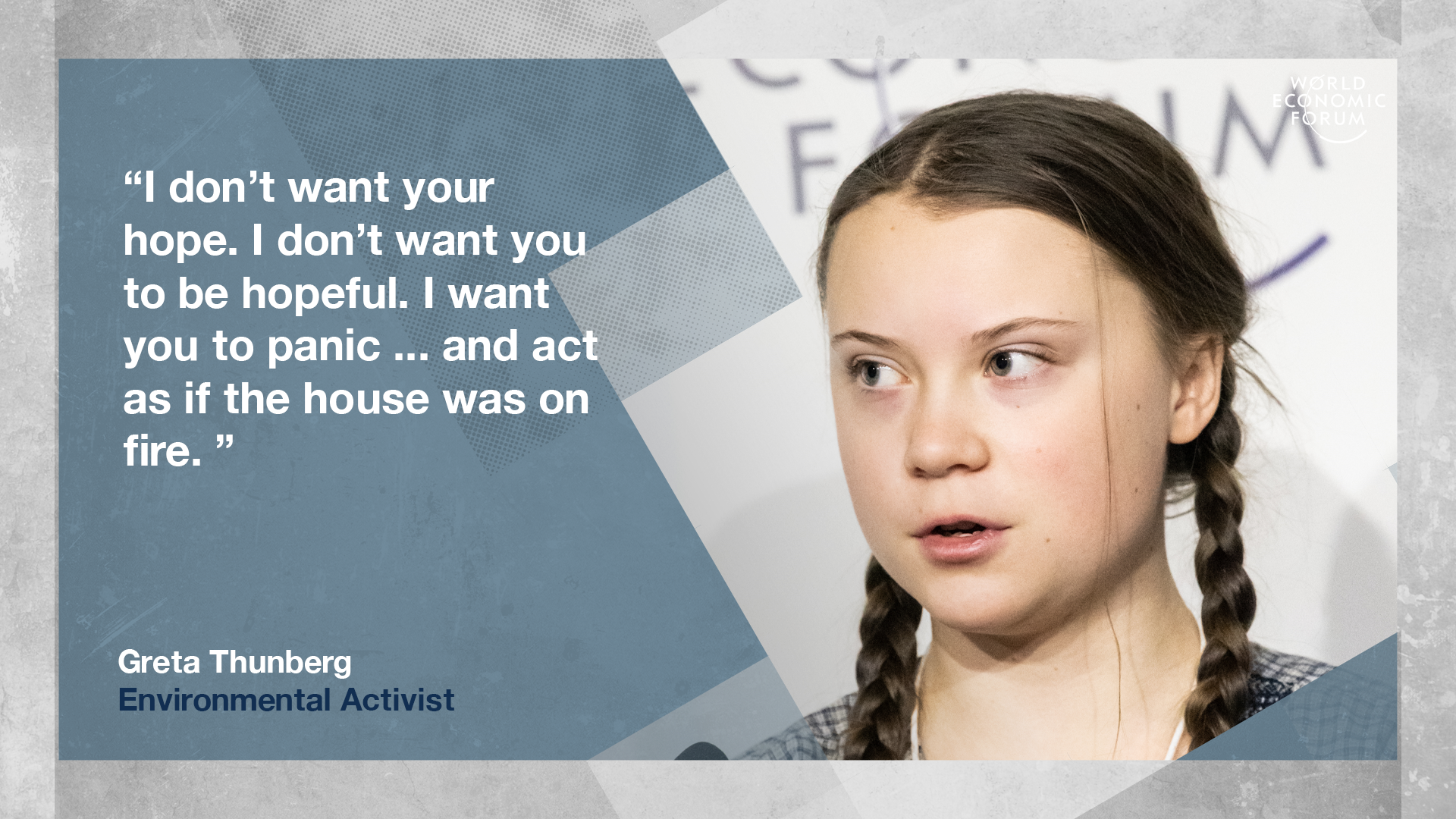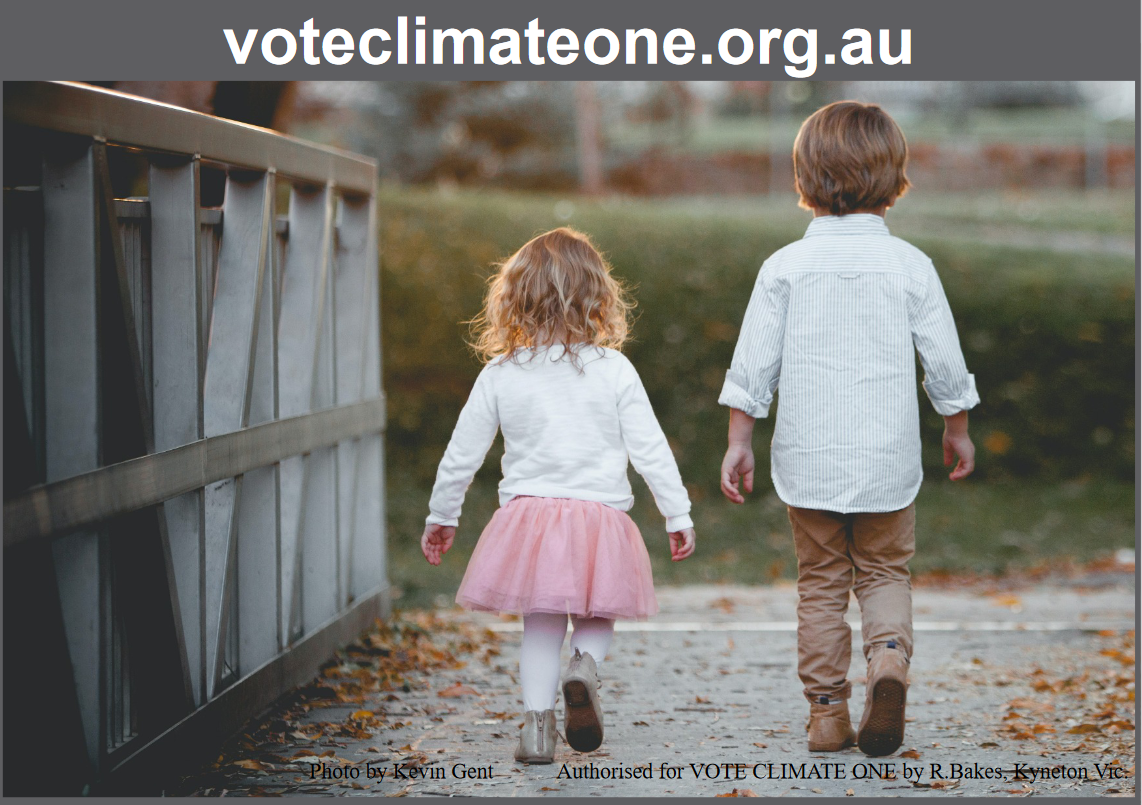Thawing permafrost: Big climate system danger

Permafrost holds 2x more carbon than Earth’s atmosphere and 3x more than all forests. Thawing will hugely impact global climate warming
by US National Academy of Sciences, 12/05/2020
Science Session: Thawing Arctic Permafrost–Regional and Global Impacts
Temperatures across the Arctic are increasing two to four times faster than the global average. The dramatic consequences that are already apparent include reduction of sea-ice cover, accelerating loss of land ice from glaciers and the Greenland Ice Sheet, proliferating wildfires, and—the topic of this panel—ongoing heating and thawing of the permafrost that underlies most of the land area of the Arctic and sub-Arctic regions across the globe. Permafrost thaw is a direct threat to buildings, roads, and pipelines, and it can greatly accelerate erosion along rivers and coastlines with severe consequences for communities located there. But an impact with much wider consequences is the release of carbon dioxide and methane by the decomposition of previously frozen organic matter, affecting the rate of growth of global warming and all of its impacts everywhere. (There is estimated to be something like 2.5 times as much carbon in the as in the entire global atmosphere; the key question is how fast it will come out.) The panelists, leading Arctic experts all, explain the complex science of thawing permafrost and elucidate the implications both regionally and globally.
Editors note: I have often mentioned the potential risk of rapid permafrost thawing serving as a source of powerful positive feedback on global warming from the abrupt emissions of greenhouse gases. The emissions include methane, which has a global warming potential more than 80 x that of CO. The video runs for almost 1½ hours. However, if you want to understand how science works in what are relatively conservative approaches and whether the risks that concern us in the Vote Climate One group are real, the whole video should be well worth watching.
In this pay particular attention to what is left out of the predictive models for future growth of emissions. The actual reality is likely to be even worse.
Finally, a lot of the discussion is based on the idea still common in 2020, that there is some kind of ’emissions budget’ that allows time to stop anthropogenic emissions. With more data, e.g., from the still conservative IPCC Sixth Assessment Report there is much less mention that there is no ‘safe’ emissions budget. Action to slow and reverse global warming is urgent! To be effective this will need global mobilization with cooperation at government levels as well as involving people. Here, our government in Australia has been quite hostile to any kind of action on global warming because of their apparently rusted-on allegiance to the fossil fuel industry and super-wealthy special interests associated with it.
In Scotty’s own words in one of his pet mediums – something to think about:

What can/must we do about this dreadful government and even worse situation?
We need to turn away from the the road to hothouse hell, and we won’t do this by continuing with the kind of business as usual Scotty from Maketing and his fossil fuel puppets are spruiking!
It seems to take the clear thinking of Greta Thunberg, a 16 year-old autistic girl who concluded school was pointless as long as humans continued their blind ‘business as usual’ rush towards extinction.

In other words, wake up! smell the smoke! see the grimly frightful reality, and fight the fire that is burning up our only planet so we can give our offspring a hopeful future. This is the only issue that matters. Even the IPCC’s hyperconservative Sixth Assessment WG2 Report that looks at climate change’s global and regional impacts on ecosystems, biodiversity, and human communities makes it clear we are headed for climate catastrophe if we don’t stop the warming process.
Scott Morrison and his troop of wooden-headed puppets are doing essentially nothing to organize effective action against the warming. In fact they have expended considerable effort to deny the science, punish the institutions doing the science, misrepresent the facts, and try to divert interest to anything else but action on climate change. Beyond this they are continuing to support and subsidize continued expansion of the fossil fuel industry. Basically, all they doing is throwing coal on the fire and rearranging the furniture in the burning house to be incinerated along with anything and everyone we may care about.
In Greta’s words, “even a small child can understand [this]”. People hope for their children’s futures. She doesn’t want your hopium. She wants you to rationally panic enough to wake up, pay attention to reality, and fight the fire…. so our offspring can have some hope for their future. Vote Climate One’s Traffic Light Voting System will help you use your preferential votes wisely on behalf of our offsprings’ future.

Featured image: Tundra fire burning on permafrost along a 30 km long front (with even more burning out of the frame, dated 20/07/2022, Picture centered on lat=71.50116, lng=145.43701 at zoom 10, well north of the Arctic circle in Russia’s Siberian Sakha Republic. Image downloaded from European Space Agency’s Sentinel Hub EO Browser using False color, urban with RGB tweaking to emphasize currently burning area and the reddish burn scar. Fire burned for over 3 months / uploaded here by William Hall.. See https://apps.sentinel-hub.com/eo-browser/?zoom=10&lat=71.49244&lng=145.43839&themeId=DEFAULT-THEME&visualizationUrl=https%3A%2F%2Fservices.sentinel-hub.com%2Fogc%2Fwms%2Fbd86bcc0-f318-402b-a145-015f85b9427e&datasetId=S2L2A&fromTime=2020-07-22T00%3A00%3A00.000Z&toTime=2020-07-22T23%3A59%3A59.999Z&layerId=4-FALSE-COLOR-URBAN&redRange=%5B0.01%2C1%5D&greenRange=%5B0.22%2C1%5D&blueRange=%5B0.18%2C0.83%5D